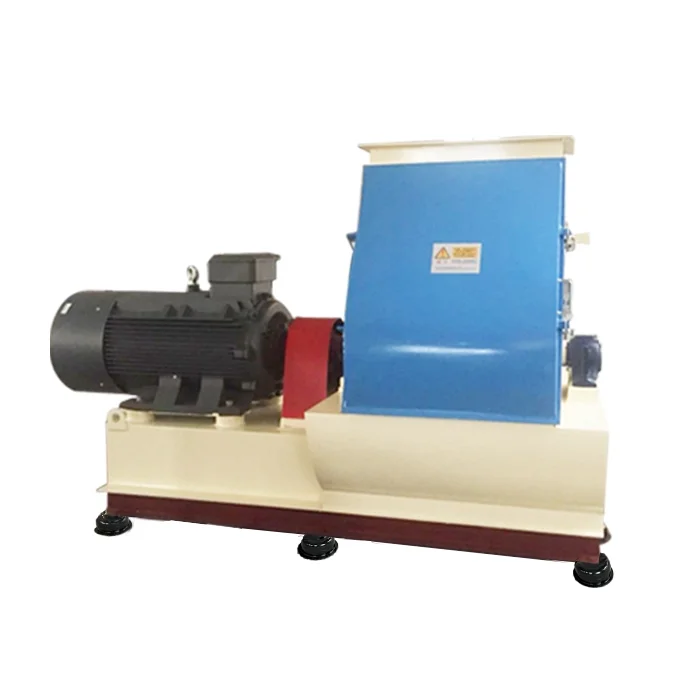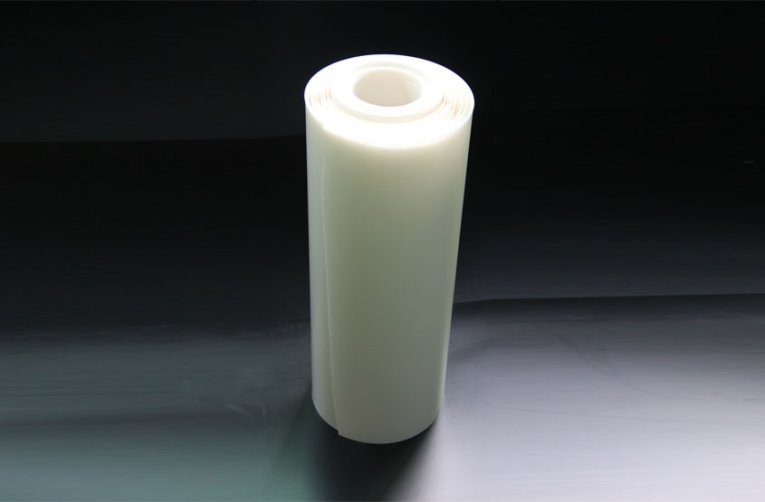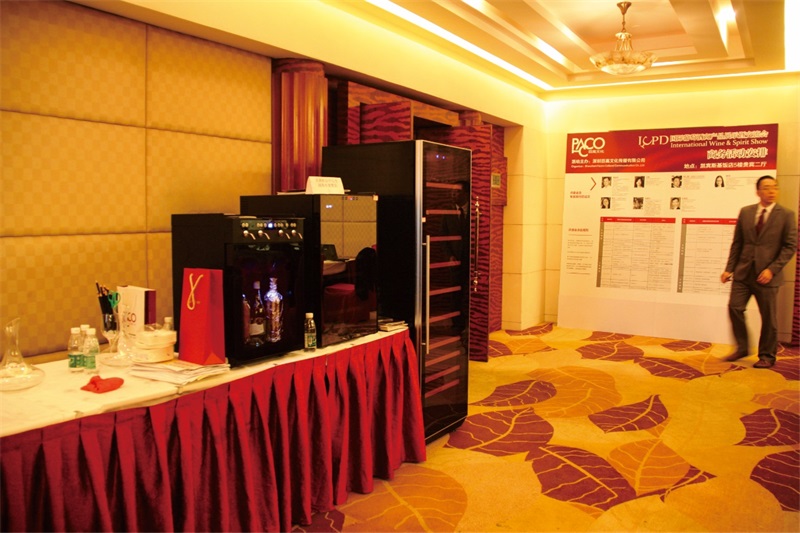The baking industry has come a long way from traditional ovens to advanced, high-capacity baking solutions. One of the most significant innovations in large-scale baking is the industrial bakery tunnel oven. These ovens are designed to optimize baking efficiency, reduce production time, and maintain consistency across thousands of baked goods. In this blog post, as an automatic cake production line supplier, Baimai will share the features, types and advantages of industrial bakery tunnel ovens for sale.
What is Industrial Bakery Tunnel Oven?
An industrial bakery tunnel oven is a continuous baking system used in large-scale food production facilities. Unlike batch ovens, which require manual loading and unloading, tunnel ovens operate with a conveyor belt that moves products through different temperature zones, ensuring even baking. These ovens are commonly used for bread, cakes, cookies, biscuits, and other bakery products.
Key Features of Industrial Bakery Tunnel Ovens
1. Continuous Baking Process
The conveyor-driven system ensures that baking is continuous, eliminating the need for start-and-stop cycles. This improves productivity and reduces labor costs.
2. Consistent Quality
The automated temperature and humidity controls ensure uniform baking, preventing undercooked or overcooked products.
3. Energy Efficiency
Modern tunnel ovens incorporate energy-saving technologies, such as heat recovery systems and precise thermal management, reducing operational costs.
4. Customizable Settings
Depending on the product being baked, settings such as temperature, belt speed, and humidity can be adjusted to achieve the desired texture and taste.
5. Large Production Capacity
These ovens can handle thousands of baked goods per hour, making them ideal for large-scale commercial bakeries.
Types of Industrial Bakery Tunnel Ovens
Industrial bakery tunnel ovens come in different types, depending on the heat transfer method and fuel source. The most common types include:
1. Direct Gas-Fired Tunnel Ovens
These ovens use burners positioned above and below the conveyor belt, providing direct heat to the products. They are ideal for crusty breads and products requiring a strong bake.
2. Indirect Gas-Fired Tunnel Ovens
Indirect heat is supplied through heat exchangers, ensuring uniform baking with reduced risk of burning. These ovens are preferred for cakes, cookies, and delicate bakery items.
3. Electric Tunnel Ovens
These use electric heating elements, making them more environmentally friendly and suitable for facilities that prioritize clean energy.
4. Hybrid Tunnel Ovens
Combining different heating methods (such as convection, radiation, and conduction), hybrid ovens offer greater flexibility and efficiency.
Advantages of Industrial Bakery Tunnel Ovens
1. Higher Output & Efficiency
Unlike traditional ovens, which require frequent loading and unloading, tunnel ovens provide a continuous workflow, reducing downtime and increasing production efficiency.
2. Improved Product Consistency
Automated temperature controls and conveyor speed adjustments ensure that every product is baked evenly, eliminating inconsistencies in texture and flavor.
3. Reduced Labor Costs
Since the process is automated, fewer employees are needed to operate the oven, reducing labor expenses in large-scale production.
4. Better Energy Utilization
Advanced insulation and energy-saving technologies help lower fuel consumption, making these ovens more cost-effective in the long run.
5. Enhanced Food Safety & Hygiene
Automated systems reduce human contact with products, minimizing the risk of contamination. Many tunnel ovens are also designed with easy-to-clean materials for better sanitation.
Applications of Industrial Bakery Tunnel Ovens
Industrial bakery tunnel ovens are widely used in various segments of the food industry. Some of the most common applications include:
- Bread and Rolls: From sandwich loaves to baguettes, tunnel ovens provide uniform crust and crumb development.
- Cookies and Biscuits: Precise temperature control ensures crispness and consistent texture.
- Cakes and Pastries: Delicate products benefit from even heat distribution to maintain softness and shape.
- Pizza Bases and Flatbreads: Quick and efficient baking creates the perfect texture for pizzas and similar baked goods.
- Snack Foods: Products such as crackers and pretzels require specialized baking environments that tunnel ovens can provide.
Choosing the Right Industrial Bakery Tunnel Ovens for sale
1. Production Requirements
Assess the volume of production and choose an oven with the appropriate capacity.
2. Type of Products
Different baked goods require different heat settings and conveyor designs.
3. Energy Efficiency
Opt for ovens with energy-saving features to reduce operational costs.
4. Customization & Flexibility
Look for ovens that offer adjustable temperature zones, humidity control, and conveyor speed variations.
5. Space & Layout Considerations
Ensure that the oven fits within the available space and integrates smoothly into the existing production line.
Conclusion
Industrial bread tunnel ovens offer unrivalled efficiency, consistency and scalability. As technology advances, these ovens will become more sophisticated, providing smarter, greener and more cost-effective baking solutions. For bakeries looking to expand production while maintaining high quality standards, investing in an industrial bread tunnel oven is a strategic move to ensure long-term success.
https://www.bmbaking.com/Advantages-of-Industrial-Bakery-Tunnel-Ovens.html
www.bmbaking.com
Baimai


